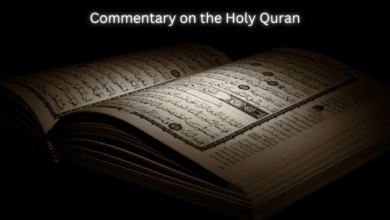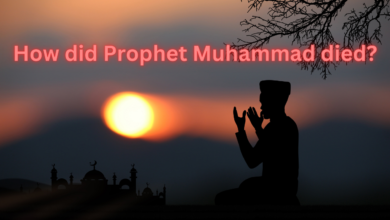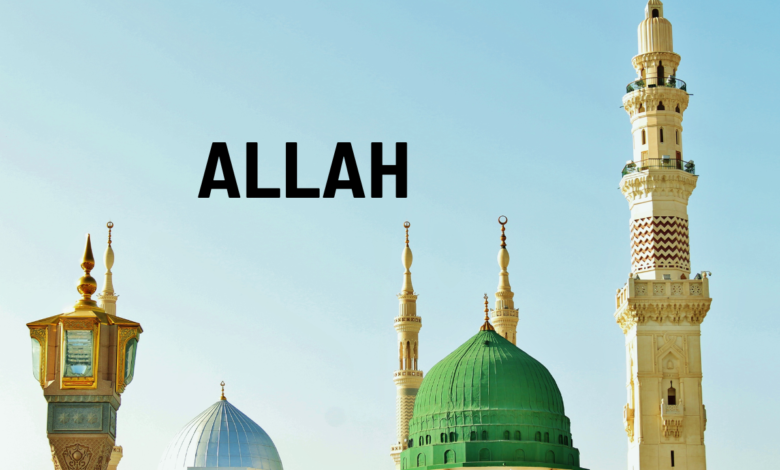
Allah
Allah is the central deity in Islam, believed to be the one and only God, the creator of the universe, and the source of all existence.
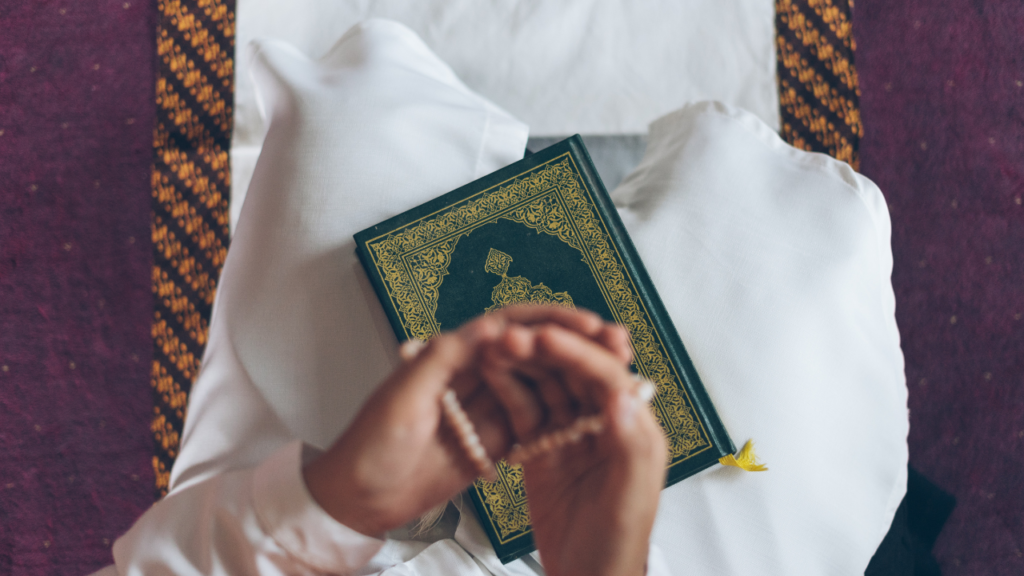
Introduction
Allah, the central figure in Islam, is an entity of profound significance to over 1.8 billion Muslims worldwide. While the concept of Allah is deeply ingrained in the Islamic faith, it remains an enigma to many who are not followers of Islam. This article aims to shed light on Allah, exploring who Allah is, the attributes associated with this divine figure, and the role of Allah in the lives of Muslims.
Defining Allah
Allah, derived from the Arabic word “Al-Ilāh,” means “The God” or “The Deity.” In Islam, Allah is believed to be the one and only God, the creator of the universe and all that it contains. Muslims regard Allah as the ultimate, all-powerful, and all-knowing being, and the source of guidance and purpose in their lives. This monotheistic belief in one God is encapsulated in the Islamic declaration of faith, known as the Shahada: “There is no god but Allah, and Muhammad is his messenger.”
Also check.
- What is Haram?
- Who is the Current Caliph of Islam?
- What Foods are Forbidden in Islam?
- What does Muslims Believe in?
- When was Islam Founded?
Attributes of Allah
The attributes of Allah are described in the Quran, Islam’s holy book, and in the Hadith, the recorded sayings and actions of the Prophet Muhammad. Some of the key attributes of Allah in Islamic theology include:
- Oneness (Tawhid): Allah is believed to be utterly unique and indivisible. Muslims stress the absolute oneness of God and reject any form of polytheism.
- Mercy (Rahman and Rahim): Allah is often described as the Most Merciful and Most Compassionate. Muslims believe that Allah’s mercy and forgiveness are boundless, and they seek His mercy in their daily lives and in the afterlife.
- Justice: Allah is seen as the ultimate source of justice. Every action, whether it be good or bad, will be accounted for on the Day of Judgment.
- Omniscience: Allah is believed to be all-knowing. He is aware of every thought, action, and intention of every individual.
- Omnipotence: Allah is considered all-powerful, capable of creating and controlling the entire universe.
- Immutability: Allah is unchanging and eternal, unaffected by time and space.
- Beneficence: Allah is the source of all that is good, and His wisdom is beyond human comprehension. Muslims believe that even apparent adversity may be a source of ultimate good.
The Role of Allah in the Lives of Muslims
For Muslims, Allah is not an abstract concept but a deeply personal and guiding presence in their lives. The relationship between a Muslim and Allah is characterized by devotion, prayer, and a commitment to living a life in accordance with Islamic principles. Here are some ways Allah plays a central role in the lives of Muslims:
- Prayer (Salat): Muslims are required to pray five times a day, facing the Kaaba in Mecca, as an act of devotion and communication with Allah.
- Fasting (Sawm): During the holy month of Ramadan, Muslims fast from dawn until sunset to purify their souls and strengthen their connection with Allah.
- Charity (Zakat): Muslims are obligated to give a portion of their wealth to help those in need. This act of charity reflects their commitment to Allah’s teachings of compassion and generosity.
- Pilgrimage (Hajj): Muslims who are physically and financially able are required to make a pilgrimage to Mecca at least once in their lifetime. This journey is a profound spiritual experience, symbolizing submission and unity with Allah.
- Moral and Ethical Guidelines: Muslims strive to live by the moral and ethical guidelines outlined in the Quran and the Hadith, seeking to align their lives with Allah’s will.
- Seeking Guidance: In times of decision-making and adversity, Muslims turn to Allah for guidance and support, seeking solace in their faith.
Conclusion
Allah, as understood in Islam, is a figure of immense importance, embodying the concept of monotheism and serving as the source of guidance, mercy, and justice for Muslims. This profound relationship between Allah and believers shapes every aspect of a Muslim’s life, from daily rituals to ethical conduct. While the concept of Allah may be unique to the Islamic faith, the values of devotion, compassion, and justice are universal, making the study of Allah’s attributes and influence a subject of interest for people of all backgrounds.
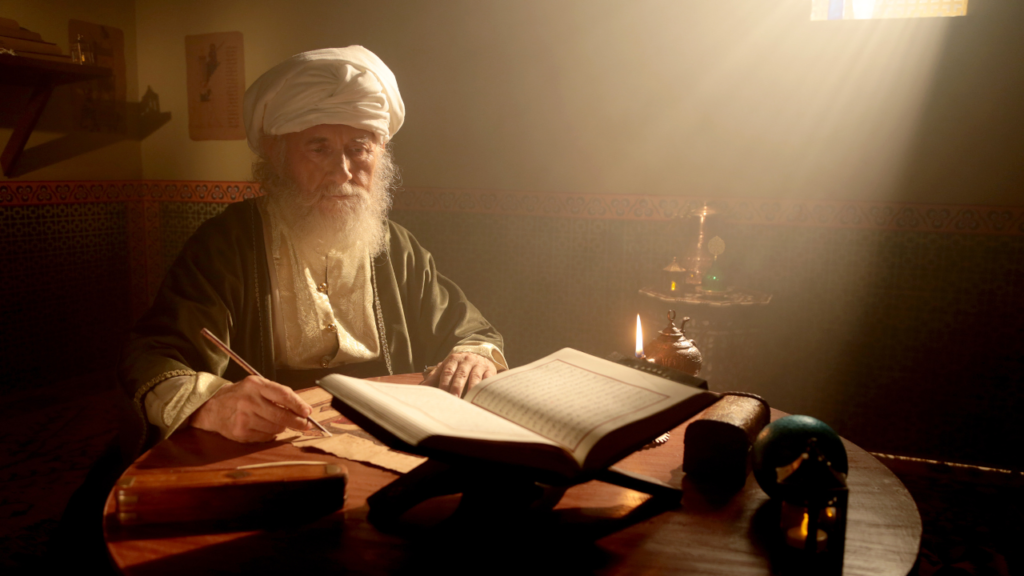
FAQs
Who is Allah?
Allah is the central deity in Islam, believed to be the one and only God, the creator of the universe, and the source of all existence.
What is the meaning of “Allah”?
“Allah” is derived from the Arabic word “Al-Ilāh,” which means “The God” or “The Deity.”
Is Allah the same as the God in other monotheistic religions like Christianity and Judaism?
While there are similarities in the concept of God in these religions, the understanding of God’s attributes and nature can differ. In Islam, Allah is seen as wholly unique and indivisible.
What are some of the key attributes of Allah in Islamic theology?
Key attributes of Allah include oneness (Tawhid), mercy (Rahman and Rahim), justice, omniscience, omnipotence, immutability, and beneficence.
Do Muslims believe in the Trinity like Christians?
No, Muslims do not believe in the Trinity. They firmly believe in the oneness of Allah, rejecting any form of polytheism.
How do Muslims communicate with Allah?
Muslims communicate with Allah through prayer (Salat), which involves facing the Kaaba in Mecca and reciting specific prayers at designated times.
What is the significance of the holy book of Islam, the Quran, in relation to Allah?
Muslims believe the Quran is the literal word of Allah, revealed to the Prophet Muhammad. It serves as a guide for all aspects of life and is highly revered.
How does the concept of Allah influence the daily lives of Muslims?
The concept of Allah plays a central role in the lives of Muslims by guiding their ethical conduct, shaping their daily rituals, and influencing their decision-making and worldview.
Do Muslims believe in predestination and free will simultaneously?
Islamic theology contains the concept of divine predestination (Qadar) and human free will. It is believed that both exist simultaneously, though the precise relationship between the two is a topic of theological discussion.
What is the Islamic view of Allah’s mercy and forgiveness?
Muslims believe in Allah’s boundless mercy and forgiveness. Repentance and seeking forgiveness from Allah are central to Islamic teachings.
